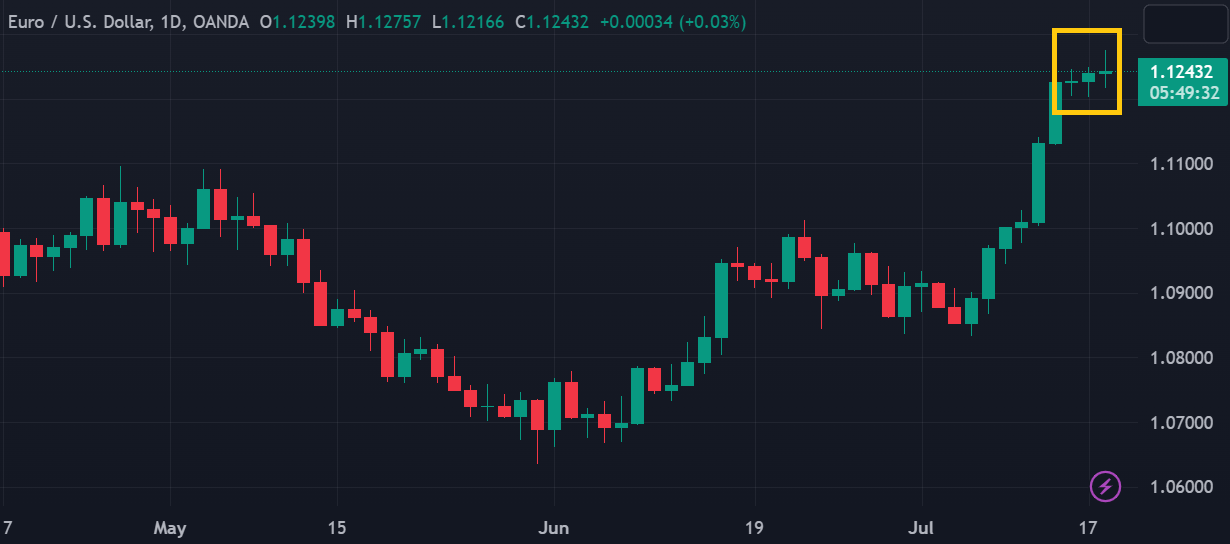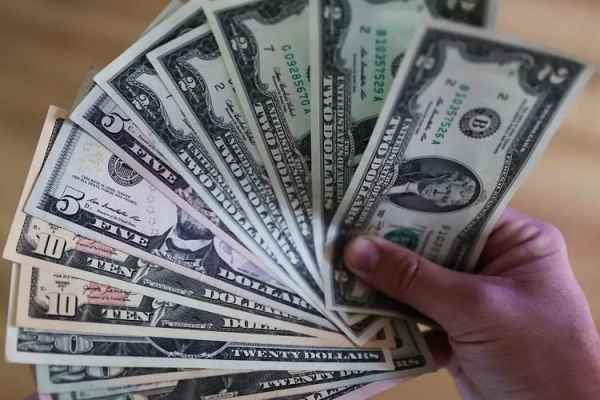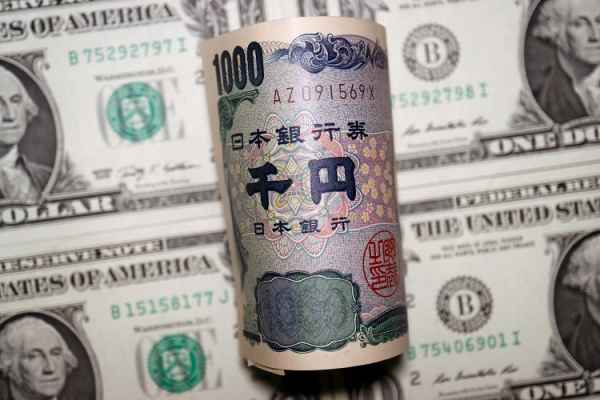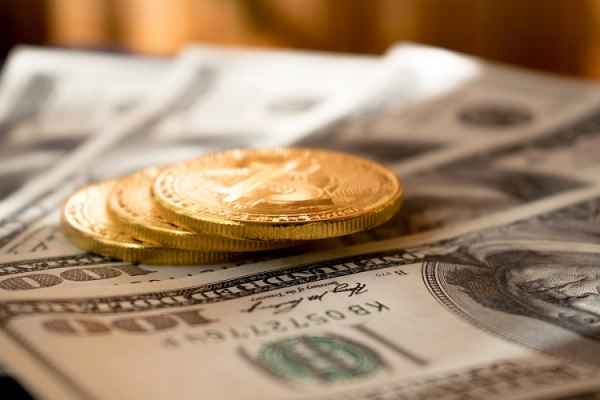ECB officials stated that the European central bank still needs to raise interest rates, but they must be cautious to avoid excessive monetary tightening.
The depreciation of the US dollar since last week has driven the EUR/USD rally to reach its highest level since February 2022 at 1.1275 in Tuesday's trading (July 18). However, the momentum of the rally has subsided due to the emergence of several new developments.

Recent economic data from the Eurozone has shown increasing signs of a slowdown, particularly in its largest economy. The Bundesbank this week lowered its growth projection for Germany compared to the previous forecast released just last month. The International Monetary Fund (IMF) also stated that Germany's economic output this year will be affected by surging energy prices and tightening financial conditions.
Such economic projections have raised doubts about the European Central Bank's (ECB) ability to raise interest rates as high as previously expected. Moreover, some well-known hawkish ECB officials, including Klaas Knot and Joachim Nagel, have recently made dovish comments.
Klaas Knot, the Governor of the Dutch Central Bank and a member of the ECB's Governing Council revealed today that Eurozone's core inflation has already peaked and is expected to decline to the 2% target by 2024. Knot believes that the ECB still needs to raise interest rates, but must be cautious to avoid excessive monetary tightening.
"For July, I believe (further interest rate increase) is necessary. For anything after July, it is at most a possibility, but certainly not a certainty," Knot told Bloomberg TV, "Starting from July onwards, I think we need to carefully monitor what the data tells us about the distribution of risks around the baseline scenario."
The President of Bundesbank, Joachim Nagel, also expressed his doubts about the prospect of an ECB interest rate hike in September on Monday. He stated, "We will see what the data tells us."
Their statements triggered a decline in Eurozone government bond yields and dampened the Euro's rally against other major currencies. Eurozone government bond yields fell to their lowest level since late June. The rallies of EUR/GBP and EUR/JPY stalled at the maximum levels reached on Monday.

 Dedicated FREE FOREX VPS
Dedicated FREE FOREX VPS Free FOREX Virtual Private Server
Free FOREX Virtual Private Server MT4 Demo Contest, Get $500
MT4 Demo Contest, Get $500 Sign Up for an Account, Claim 60% Deposit Bonus
Sign Up for an Account, Claim 60% Deposit Bonus Free MT4/MT5 VPS 2024
Free MT4/MT5 VPS 2024 Send E-mail and Get Free Merchandise
Send E-mail and Get Free Merchandise $1K Refer a Friend Bonus for Pepperstone Pro clients
$1K Refer a Friend Bonus for Pepperstone Pro clients Maximize Your Earnings with 100% Deposit bonus
Maximize Your Earnings with 100% Deposit bonus Trade to Win, $5,000 Monthly Demo Contest
Trade to Win, $5,000 Monthly Demo Contest Claim 30% + 15% Deposit Bonus from LiteFinance
Claim 30% + 15% Deposit Bonus from LiteFinance






